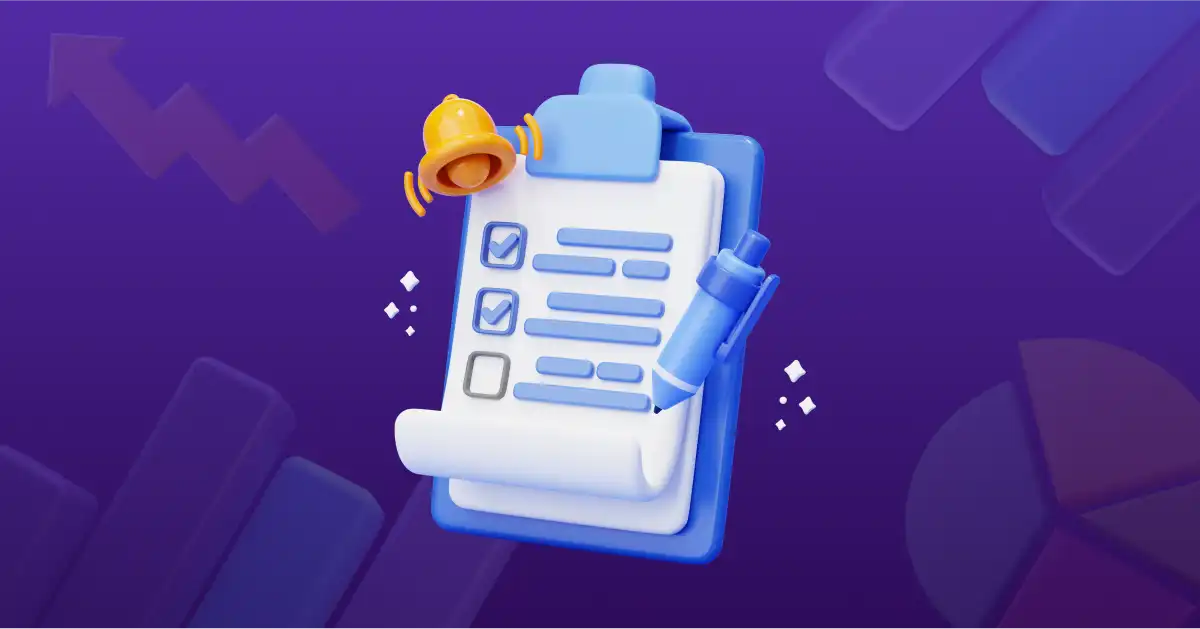Are your employees underperforming? Is an underskilled workforce holding you back from achieving market dominance and organizational goals? It’s time to invest in employee training. However, before you can get started, you’ll need to create a training and development plan.
Never drafted one before? Not to worry. We’ve got all the information you need about how to create a learning and development strategy, along with some handy tips for deployment.
Training and development plan
What is Employee Training and Development?
Employee training and development can take many forms. It can form part of the onboarding process, preparing fresh recruits for a career with your organization. Recently introduced a new content management system or key piece of software? Your employees are going to require training if they’re to be able to use it.
Training is also crucial to career development. Retaining top talent isn’t easy, but companies that offer professional development opportunities stand a good chance of securing long-term loyalty from prized employees.
What’s more, training doesn’t always have to be overwhelming. Hosting a departmental get-together or all-hands meeting? Consider breaking up the agenda with team-building activities to add a learning dimension to your event.
The Importance of Training and Development for Both Employees and Businesses
If employees are going to perform their roles effectively, training is essential. They’ll need to be trained on the tools they’ll be using, communication hierarchies, and other best practices. Furthermore, professional development gives employees the resources they need to thrive in their roles, along with the experience and confidence to pursue advancement opportunities.
Operating in a saturated market? Underskilled workforces can lead to unsatisfied customers, with unhappy clients likely to seek out the services of your main competitors. Working exclusively online? Remote work might be more streamlined and cost-effective, but teams need sufficient training to ensure consistency and high rates of productivity.
Developing an Employee Training Development Plan
Not sure where to start with creating an employee training development strategy? You can make life easier by following this step-by-step plan:

Step 1: Align with the Company’s Vision
Are you a champion of continuous learning and development? Training should start at the moment of recruitment and be an ongoing process. Thinking of scaling your operation or expanding internationally? Your training development plan should support this.
Step 2: What Areas to Focus Your Training?
A key part of the planning stage is to establish learning objectives. You can use employee and departmental performance reviews for inspiration. Alternatively, reach out to your workforce and ask for feedback about what areas they’d like to focus on.
It also makes sense to take a look at what rival businesses are doing. If you want to remain competitive, your training and development initiatives need to be at least on par with them. You can also look to industry trends to help nail down learning objectives.
Step 3: Identify the Exact Skills or Knowledge Needed
You can’t create an effective training development plan with broad strokes. If a skills shortfall is holding you back from delivering at a desired level, conducting a knowledge gap analysis is advised. You’ll have a clear idea of the areas where you’re lacking and what degree of upskilling is required.
Step 4: Measurable Progress
Establishing some key performance indicators will allow you to measure the success of your training development initiatives. Productivity and efficiency gains are good KPIs, but they won’t appear overnight. In the short term, think about using employee assessments to see how well your team is responding to new information.
Step 5: Clear Timeframes for Goal Achievement
There’s no such thing as too much training, but an employee development strategy should have a clear endpoint and objective. Looking to upskill an underperforming team? Decide how long you’ll be committing to training and what KPIs you’ll be using to measure success. Productivity, staff morale, and customer satisfaction levels are all useful metrics.
Step 6: Choose Your Tools for Training
Now it’s time to decide which tools you’ll be using to conduct training. Top learning and development tools include skills assessment software, content creation applications, and conferencing platforms so your teams can converge online for training.
Step 7: Create Your Learning Materials
Personalized learning content can be useful for specific roles with very niche remits, but the bulk of your content should be accessible to wider groups. Think about what image and video assets you’ll need, presentations that will need to be created, further reading lists, and more.
Step 8: Get Ready for Your Training
Consider giving your training strategy a test run before rolling it across the board. This way, you’ll be able to pinpoint any major obstacles and preempt any technical issues that might cause trouble.
Tips for Choosing an Employee Training Method
Deciding on which training approach is right for your business isn’t always easy. To help you make a decision, consider your budget. If you’re only focusing on a few key roles, coaching or training courses are an option. However, for a company-wide initiative, online training sessions will be far more cost-effective.
Sometimes, training can prove fairly disruptive for everyday business operations. To avoid costly downtime and productivity dips, consider staggering training or embracing remote-only solutions so you’re not taking team members away from their desks.
Tips for Building Engaging Content
First time deploying a training and development plan? Increase the odds of success by creating compelling content that will engage your team. Below are a few key things to bear in mind when producing training content for your employees.

Ensure Everyone’s on the Same Page About Learning Outcomes
Your team will get the most out of training by knowing what they’re actually working towards. If you’re looking to upskill your workforce to address a shortfall, you’ll ultimately need everyone to reach a minimum standard. Make sure you’re also promoting career advancement opportunities to increase engagement with learning.
Logical Flow and Structure
A structured training curriculum will prove more beneficial to learners. Breaking things down into modules will make things more manageable for learners and trainers alike. What’s more, a systematic and structured approach provides more opportunities to gather feedback and review performance metrics.
Activities that Keep Learners Engaged
To increase engagement, make the learning process as interactive as possible. Sometimes, you’re going to have room in your schedule for a lengthy webinar that’s heavy on content. However, you can break things up and keep training session attendees on their toes with bite-size icebreakers and team-building activities.

Using Videos, Images, and Infographics to Enhance Learning
People rarely respond to large blocks of text and statistic-heavy presentation slides. For maximum engagement, make sure training content is rich in visuals. In many cases, a single image or short video clip can capture a message more succinctly than a sentence.
If you’re worried about overwhelming training participants with stats and figures, opt for user-friendly infographics instead. The best learning and development platforms will allow you to incorporate all of these and more into your training sessions.
Tips for Implementation and Delivery
Creating a training and development plan is one thing, but deploying your strategy is a different matter entirely. For effortless implementation and successful delivery, consider the following:
Consider Employee Availability and Learning Preferences
You can’t always guarantee employees are going to be available for training, especially during busy periods. Remote training sessions and asynchronous learning can overcome this, ensuring nobody gets left behind.
It also pays to be open to the learning preferences of your employees. Some may prefer to have everything provided for them during sessions themselves, while others might be more inclined to pursue learning avenues independently.
Create a Supportive Environment
If you’re focusing on upskilling rather than professional development, training can seem daunting to employees. Introduce training initiatives as an employee benefit, rather than a rigid requirement, to increase engagement and put your staff at ease.
After the Training and Development Plan is Done
Even if your first training sessions run like clockwork, there are always to refine the process. Below are just a few things to think about:
Identify Areas for Improvement
Some training areas will have worked better than others. If engaged dipped during a particular learning module, consider ways to retool training content or rethink how you’re presenting information.
Update Materials and Methods
Training content should be constantly updated to ensure it’s in line with your industry standards and best practices.
Encourage Ongoing Development
Employee training shouldn’t be a one-and-done exercise. Create a workplace culture where continued development is championed and career progression is accessible.
Overhaul Employee Training and Development with Gloww
Whether you’re onboarding a new employee or upskilling an entire department, successful training and development requires meticulous planning. Once you’ve nailed down a plan that works for you, you’ll need the right training tools so you can take the next steps.
Searching for a powerful video conferencing solution to host training events and team-building activities? Why not give Gloww a try? You can create bespoke sessions in moments and enrich your presentations with images, infographics, videos, and other rich content. Want to gamify the experience? Make your sessions more engaging with interactive activities and classic games that will go down a storm.
Get started with Gloww today or explore our pricing tiers to learn more about our premium service. Itching to ask a question about Gloww? Get in touch with all your queries.














